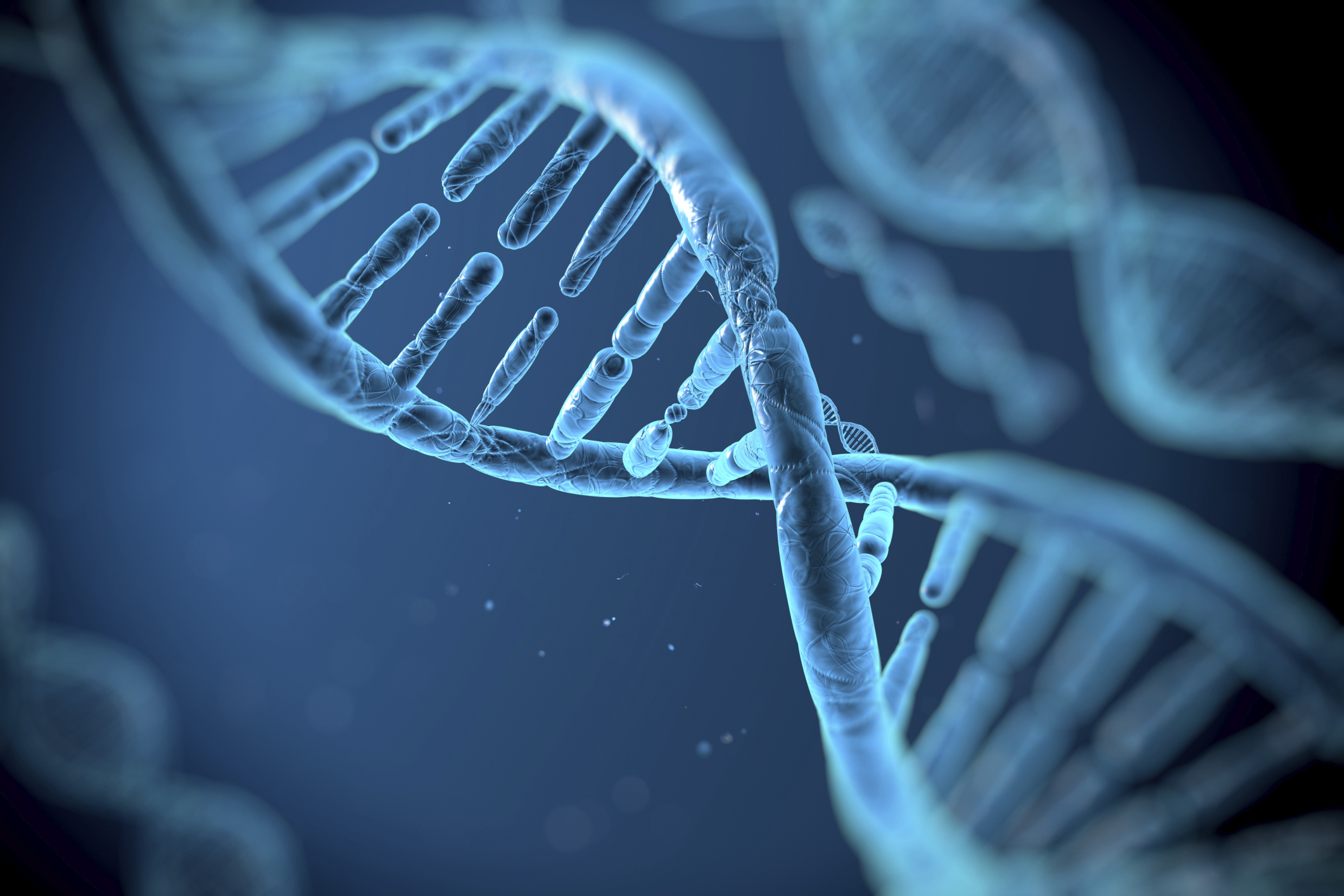Press Release: The moral imperative to research editing embryos: The need to modify Nature and Science
The first study in which the DNA of human embryos was intentionally modified has been published in the journal Protein & Cell, released on Saturday. This research is significant because it may be an important step toward a world where we are free from genetic disease. However allegations that Nature and Science refused to publish this research on ethical grounds are concerning.
The Director of the Oxford Uehiro Centre for Practical Ethics Professor Julian Savulescu has called on Nature and Science to clearly explain their editorial decisions in relation this study.
“If these studies were rejected for ethical reasons we need to know what these reasons are.” Professor Savulescu said.
“There was absolutely no potential for this research to directly result in the birth of a modified human and it is unclear how the study could have harmed or wronged anyone.
Nature should explain why it deems this research ethically problematic, and yet publishes other controversial research, involving viruses, with the potential to directly kill millions of people.”Read More »Press Release: The moral imperative to research editing embryos: The need to modify Nature and Science

